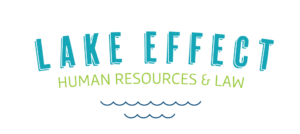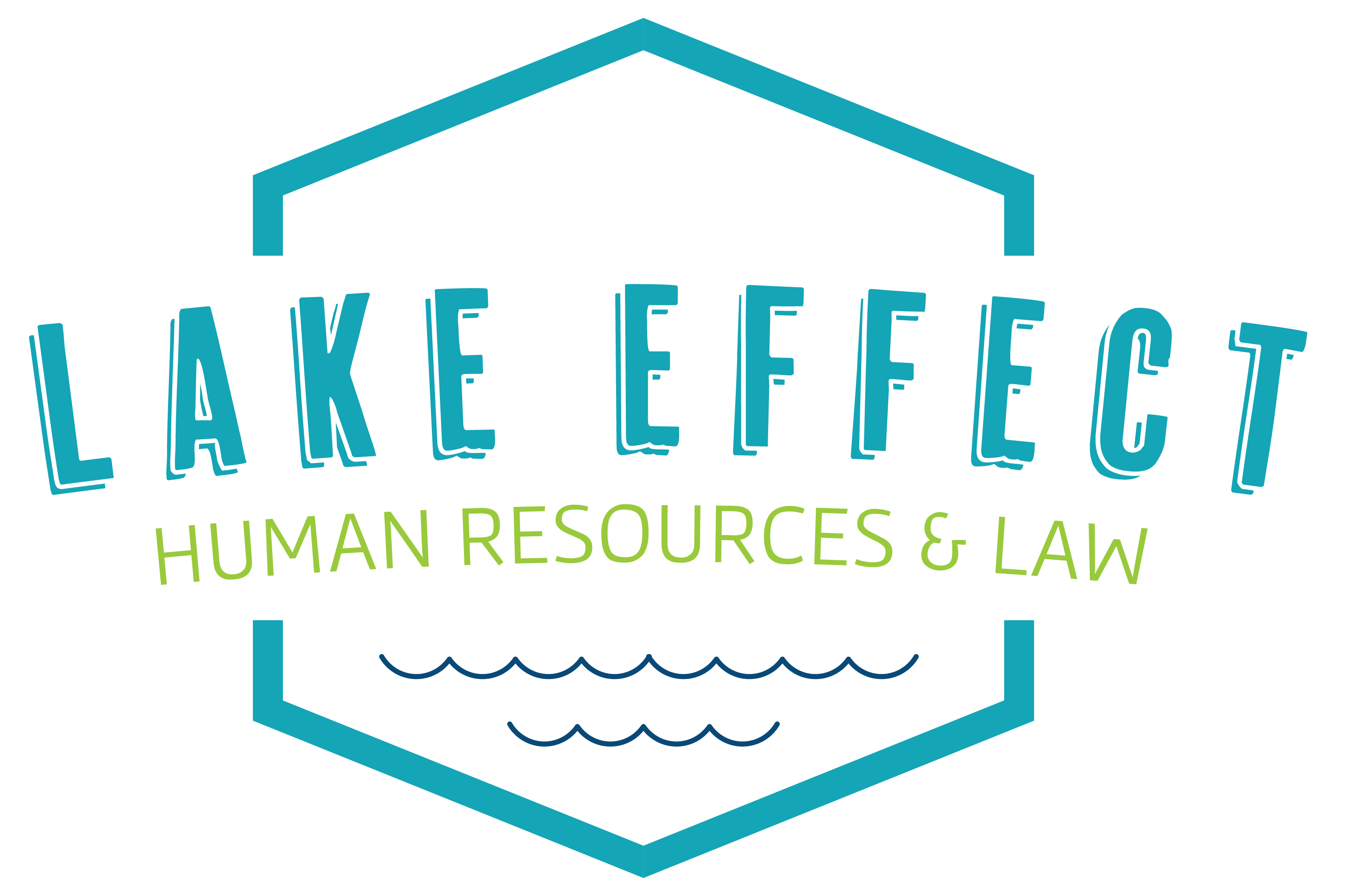On March 11, President Biden signed The American Rescue Plan Act of 2021, a $1.9 trillion COVID-19 emergency relief bill, into law. This new legislation aims to help individuals, businesses, and organizations across the country offset the devastating economic effects of the COVID-19 pandemic.
Key employer-related provisions of the relief package include:
- Unemployment benefits:
- Extends the existing federal supplement of $300 in weekly unemployment benefits for initial claims related to the public health emergency through September 6, 2021 (previously set to expire in mid-March).
- Waives federal income taxes on the first $10,200 of unemployment benefits received in 2020 for households earning under $150,000.
- Payroll tax credits for FFCRA leaves extended: guarantees that employers who continue to provide paid sick and family leaves in accordance with prior FFCRA requirements will continue to receive payroll tax credits through September 2021. Note that employers are no longer required to provide FFCRA paid leaves, but the continuing tax credits provide an incentive for them to do so.
- Employers who want to take advantage of these tax credits must follow the FFCRA leave requirements set forth in the original Act. See our prior blogs on this issue and consult with experienced HR and legal advisors to ensure FFCRA compliance and receipt of the tax credits.
- Pandemic response:
- Funds tens of billions of dollars for coronavirus testing and contact tracing.
- Increases the size of the public health workforce.
- Supports vaccine distribution and supply chains.
- Employee Retention Tax Credit (ERTC):
- Expands the ERTC for start-up companies and other businesses hit by the pandemic.
- As modified by the Taxpayer Certainty and Disaster Tax Relief Act (the Relief Act), the ERTC provides a tax credit equal to 70% of the “qualified wages” paid to an employee on or after 1/1/21 until 6/30/21 up to $10,000 per calendar quarter.
- “Eligible employers” include those that (1) were required to fully or partially suspend operations because of COVID; OR (2) experienced at least a 20% decline in gross receipts in any 2020 calendar quarter as compared to the same calendar quarter of 2019.
- COBRA:
- Increases the value of the federal COBRA health insurance subsidy from 85% to 100%.
- This subsidy covers the cost of COBRA for eligible employees to continue their employer-sponsored coverage post-employment, from April 1 through September 2021.
- This applies to employees who have lost a job or had their hours cut.
- This does not apply to employees who qualify for new, employer-based health insurance with a new employer or to employees who voluntarily resign from employment.
- Dependent Care FSA:
- Permits employees to contribute $10,500 into a dependent care account, instead of the normal $5,000 per family. This may only be done if the employer agrees to modify their dependent care plan. This increase is currently only for 2021.
The following provisions of the relief package are not employment-related, but may be relevant to your employees or community:
- Stimulus checks:
- Provides $1,400 in new stimulus checks.
- Individuals earning up to $75,000 per year and couples earning up to $150,000 per year will receive the full $1,400-per-person benefit, including dependents who may not have been eligible previously.
- Stimulus payments taper off for individuals earning up to a cap of $80,000 and couples earning up to a cap of $160,000.
- Child tax credit: Expands program to provide parents with tax credit of $3,000 per year for each child ages 6 to 17, and $3,600 for each child under age 6.
- Low-income households that are currently ineligible or receive only a portion of the credit would now receive the full value of the credit.
- Starting in July 2021, the federal government will send advance payments of the credit to Americans in “periodic” installments, akin to a guaranteed income for families with children. This would amount to half of the annual credit, with the remainder claimed as part of the parent’s 2021 tax return.
- This will likely last one year.
- Earned-income tax credit: Increases the maximum credit amount for childless households to $1,502 ($543 increase). Expands the age range to begin at 19 and eliminates the upper age limit.
- Aid to state and local governments: Designates $350 billion for states, cities, tribal governments, and U.S. territories.
- FEMA Emergency Food and Shelter Program: Provides $510 million for the program to support homeless services providers for overnight shelter, meals, one month’s rent and mortgage assistance and one month’s utility payments.
- Education related: Makes all coronavirus-related student loan relief tax-free. Allocates $1.25 billion for summer enrichment, $1.25 billion for after-school programs, and $3 billion for education technology.
- Infrastructure: Adds a $10 billion infrastructure program to help local governments continue crucial capital projects.
- Transportation: Increases Amtrak relief funding by $200 million.
- ACA: Expands tax credits and premium subsidies for people who enroll in coverage through the ACA exchanges. Extends certain Medicaid coverage. Provides incentives to states who have not yet expanded their Medicaid programs.
- Health Care: Provides an additional $8.5 billion for the Provider Relief Program to assist rural health care providers.
Please note that this is not an exhaustive list of all provisions included in the relief law. We encourage you to consult with your business and tax advisors about the entire stimulus package and its impact on your organization and employees.
For additional information and discussion of prior relief packages, please see Lake Effect’s prior blogs on those topics. We will continue to closely monitor all developments in this area and provide you with important updates.




